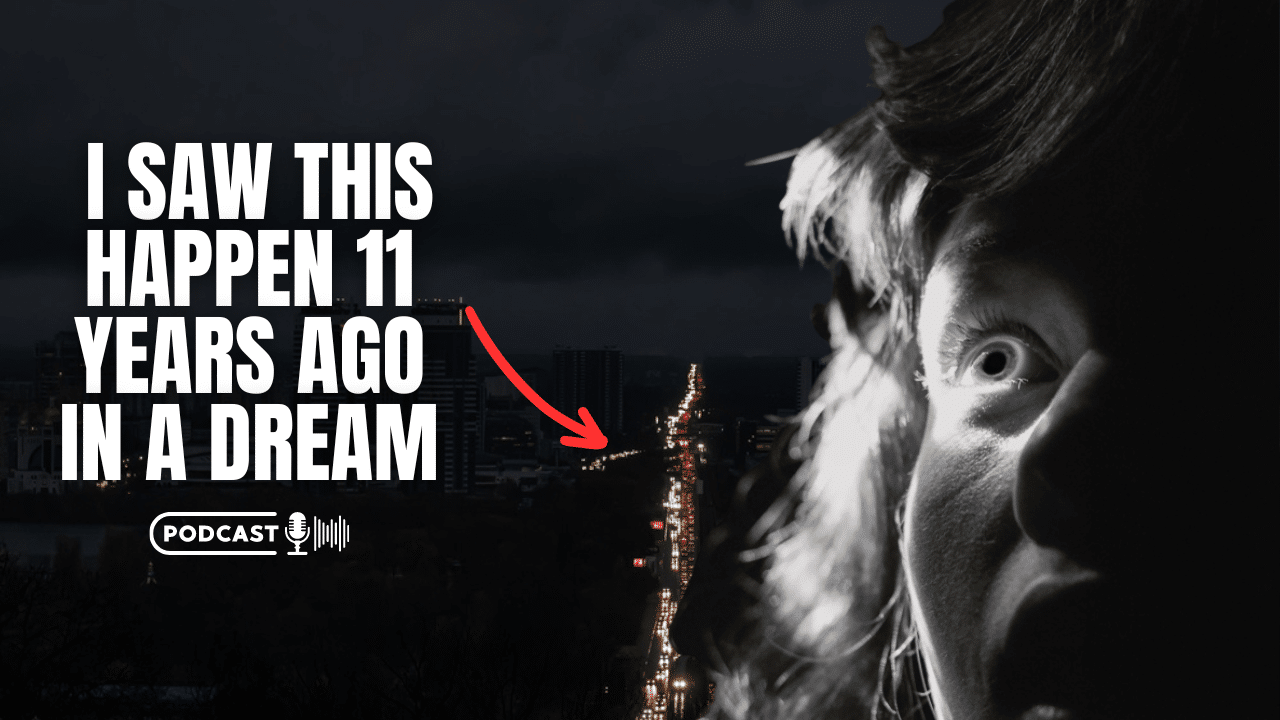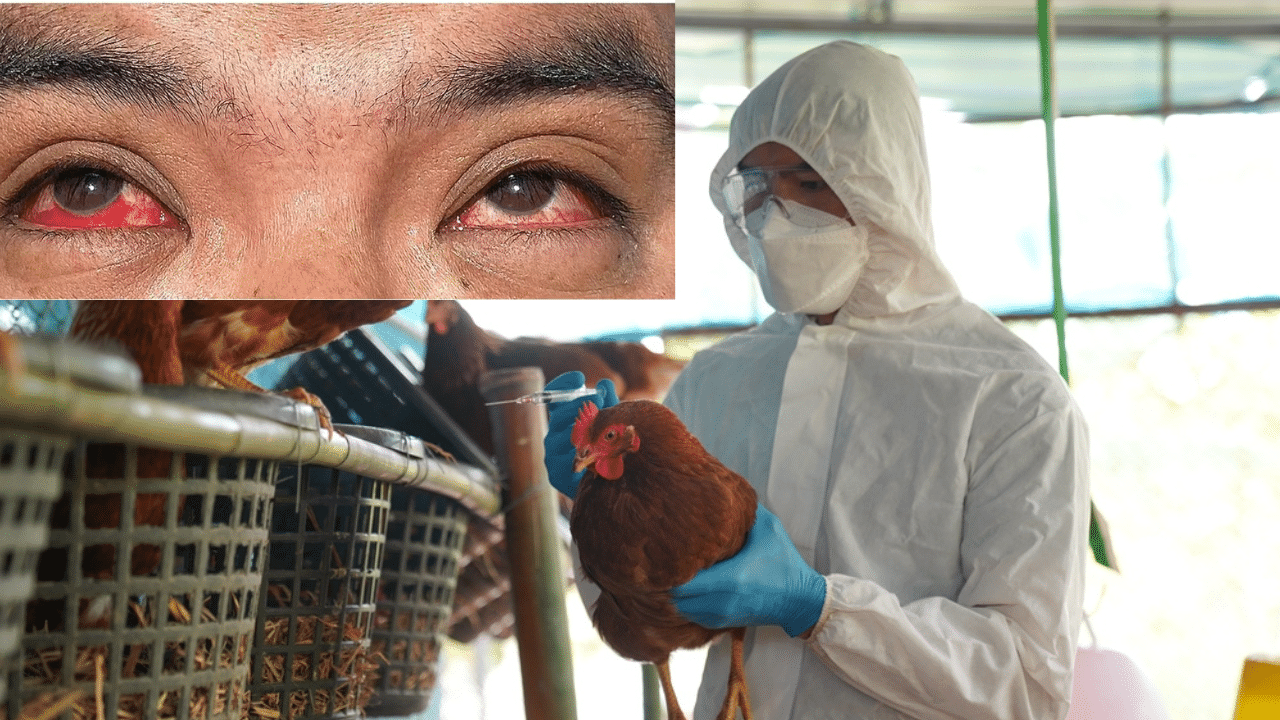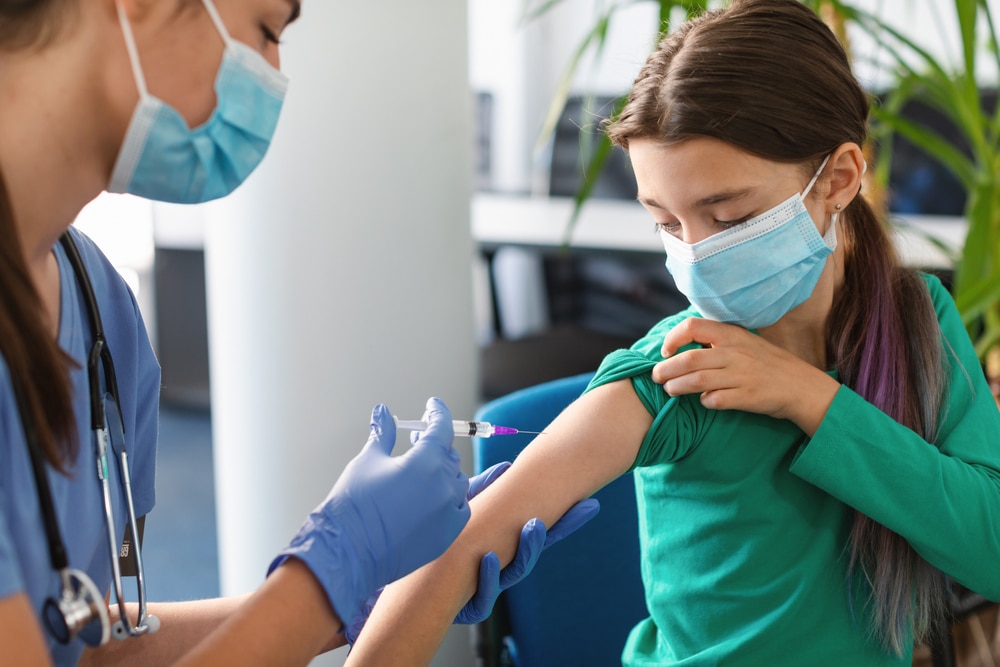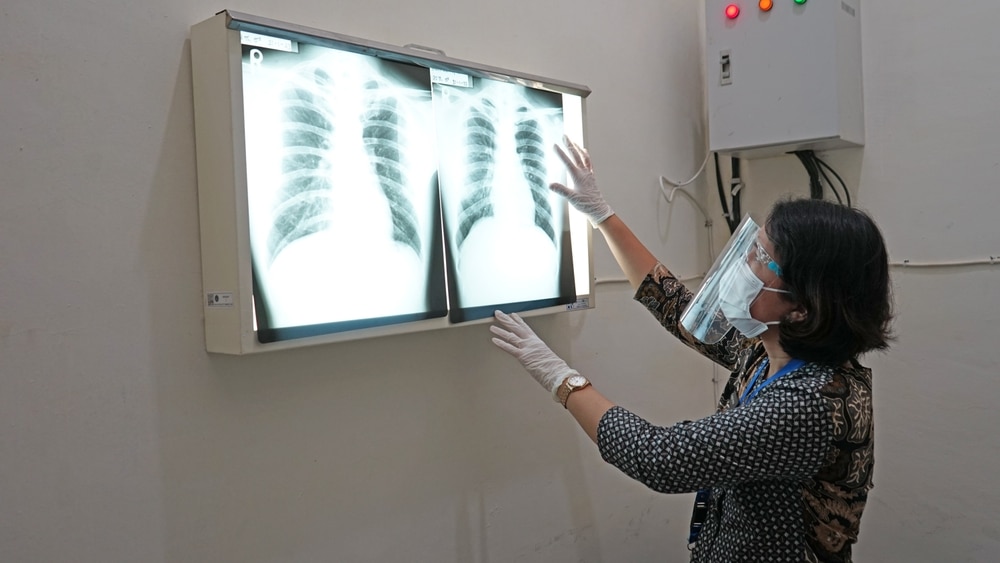A dangerous drug is causing a spike of illnesses in New Jersey, health officials warn — and in many cases, the drug is being sold on the shelves of corner convenience stores.
Neptune’s Elixir and ZaZa Red — also referred to as “gas station heroin” — are just two of the products that are being marketed as dietary supplements. They’re sold in gas stations and on the internet, according to a health alert from the New Jersey Department of Health.
Between June and Nov. 2023, there were 20 reported cases of tianeptine causing “severe clinical effects” in New Jersey, as noted in a Feb. 1 alert from the U.S. Centers for Disease Control and Prevention (CDC).
This is a significant spike from the two or fewer calls the poison center typically receives each year. What is tianeptine? Tianeptine is a tricyclic antidepressant that has not been approved by the U.S. Food and Drug Administration.
Some companies market the drug as an aid for pain, anxiety and depression, or as a means of improving mental alertness. It is also sometimes billed as a “safer” alternative to opioids — but experts are warning that it has highly addictive and dangerous properties.
“Tianeptine interacts with opioid receptors in the brain, and in larger doses, can mimic the effects of traditional heroin such as euphoria, but also the consequences frequently associated with tolerance, withdrawal and toxicity,” Dr. David Campbell, clinical and program director of Recover Together Bend in Oregon, told Fox News Digital. “With such ease of access, even kids are getting caught in the crossfire.”
Tianeptine can be sold as a pill, powder, salt or in liquid form as a supplement — or as an active ingredient in a supplement — and is widely available in many states, noted Dr. Adam Scioli, corporate medical director and head of psychiatry at Caron Treatment Centers in Philadelphia.
“We have seen patients come in having gotten tianeptine over the internet or at gas stations,” Scioli told Fox News Digital. “They often suffer from withdrawal symptoms similar to those of an opioid withdrawal and often need medication-assisted treatment such as buprenorphine.”


















